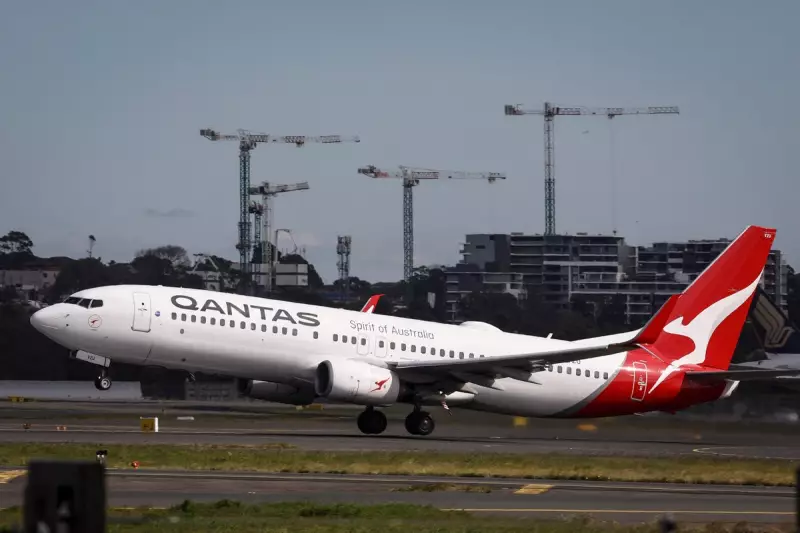
In a striking development that sounds more like science fiction than public health policy, the humble aeroplane toilet is becoming a frontline defence against the next global pandemic. Scientists have begun analysing wastewater from international flights to track the spread of dangerous superbugs and viruses across borders.
The pioneering research, led by experts from the University of Birmingham, reveals a powerful and previously untapped resource for global health surveillance. By testing the contents of aircraft lavatory tanks, researchers can create a detailed map of antimicrobial resistance (AMR) hotspots as they travel around the world.
The Science Behind the Surveillance
The method is as ingenious as it is simple. Wastewater samples are collected from aircraft toilets after they land at airports. These samples are then genetically sequenced to identify specific pathogens and their resistance markers. This provides an unprecedented, real-time snapshot of which superbugs are moving between countries and continents.
Dr. Alan Walker, a key researcher on the project, emphasised the significance: "It effectively allows us to sample the gut microbiomes of an entire plane's worth of people. This gives us a powerful, aggregated overview of the health threats present in different global populations."
A New Era of Biosecurity
This breakthrough could revolutionise how we approach pandemic preparedness. Traditional individual passenger screening is slow, expensive, and often ineffective at catching asymptomatic carriers. Wastewater analysis, by contrast, offers a non-invasive, cost-effective, and comprehensive alternative.
The implications are vast. Health authorities could:
- Detect emerging threats weeks or even months before they lead to outbreaks.
- Track the global spread of specific drug-resistant genes with pinpoint accuracy.
- Implement targeted, evidence-based travel restrictions or health advisories.
The study, which analysed flights arriving at three UK airports, successfully identified a variety of clinically significant pathogens, proving the method's viability on a large scale.
The Future of Flight and Public Health
This research paves the way for a new layer of biosecurity integrated directly into the global travel infrastructure. While the concept of analysing human waste might seem unglamorous, its potential to save millions of lives is undeniable. It turns the international aviation network, often a conduit for disease, into a powerful early-warning system, helping the world to be better prepared for whatever comes next.





